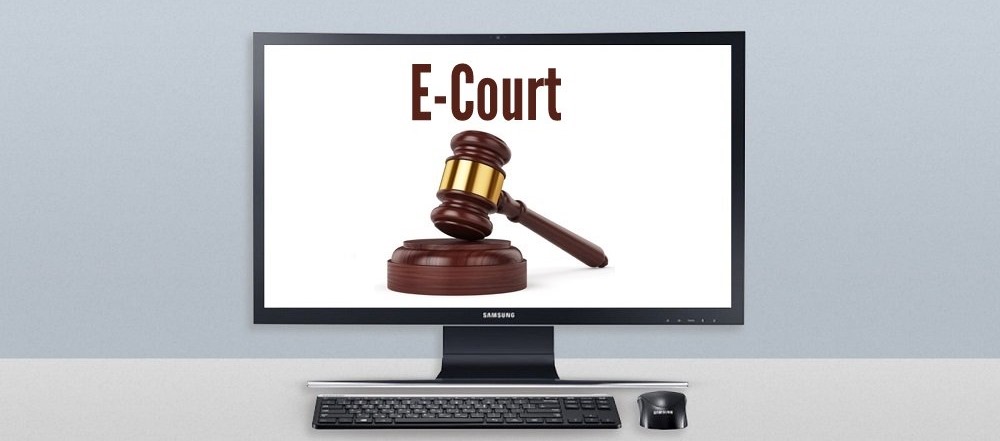India’s First Fully Paperless E-Court Comes up at Hyderabad

India got it’s first e-court this Sunday, the 17th of July, 2016 and it was inaugurated at the High Court of Judicature at Hyderabad. It will serve the netizens of Andhra Pradesh and Telangana. Supreme Court Judge Justice Madan B Lokur inaugurated the e-court and mentioned that Andhra Pradesh and Telangana were the first two states which will pave way for the Integrated Criminal Justice System (ICJS).
He said that it is a “ system which is going to integrate police stations with the courts, with jails, with the prosecution and with the forensic science laboratories”. Praising the Hyderabad e-court, he further said, “It is not only the e-court in the sense it is fully computerized but it also a paperless court. We spent few minutes understanding the system and I tried my hand at using the technology. It’s extremely user friendly. I will encourage all judges to try it. During this coming week I am going to try and introduce this in Supreme Court as well. If it happens in the Supreme Court, you (Telangana and Andhra Pradesh high court) can take all credit for it.”
E-courts can be very helpful in providing justice to the public. Also E-courts are paperless, so it has potential to cut through a lot of unnecessary red-tapism. All the procedures are computerized and can be availed at any time without the need of actually approaching the courts and waiting for hours.
Also the documents can be filed, received, filled online and will hence decrease the time spent on unnecessary commuting. It definitely cuts taking and receiving bribes to a certain extent.
Though all the high courts today have a website to help speed up the whole process, e-court will fit the judges, stenographers, evidences, witnesses etc in a computer and can be accessed when required. Currently, hiring of staff has started off and will soon have the personnel who will assist the public in using E-Courts.
The International Criminal Court in The Hague is a good illustration of a model ICJS. It is a good gesture that Indian judiciary is moving towards electronic information sharing system. The electronic architecture enables integration with other civil public portals like the police, banks etc which in turn makes it easier to link relevant data for cracking cases.
What we really need to look forward to is to find how the e-court will help sort public grievances. The e-court will only find meaning if the justice is not delayed once the electronic mode kicks in. Also, threats of online information theft, possible server failures and system corruption are some of the few things to be looked at as e-courts would be dealing in highly crucial data and a confidentiality breach can’t be afforded.
But as we look at the silver lining, the introduction of e-court was long overdue and we just can’t wait to see it start functioning.
